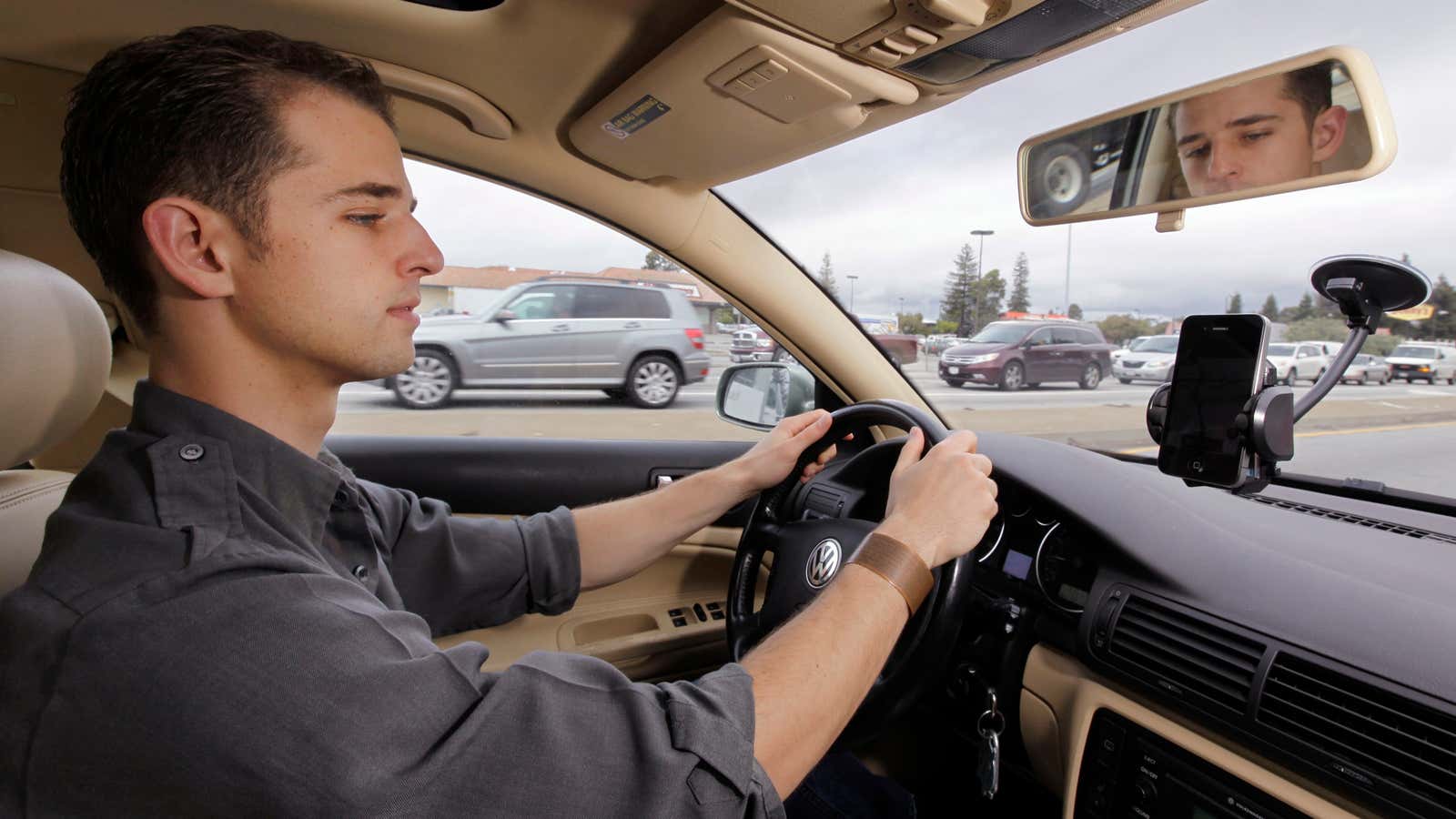Facebook is now a mobile advertising company, and not a social network. Sure, you’ve heard this before, but it’s a theme worth repeating. That’s especially true in light of Facebook’s rumored upcoming $1 billion acquisition of Israel-based mapping and navigation company Waze, notes tech journalist (and Waze superfan) Hillel Fuld.
Without this lens, Facebook’s acquisition of Waze makes no sense. Facebook doesn’t have a mapping application, and it’s not clear why it would want to start competing in that arena with the likes of Google, Microsoft’s Bing, or Apple. Apple wanted to acquire Waze at one point, but only because it was having huge problems with its own mapping application, and it desperately wanted Waze’s data and expertise. (Apple ended up buying access to Waze’s data, anyway.)
But here’s something Facebook can definitely use: Waze’s data about where people are, in order to target Facebook’s mobile advertising. This kind of data is so valuable to advertisers (and therefore, to Facebook) that companies like Skyhook, one of the few independent providers of such data (the others are Google and Apple, and they’re not about to give it up) are building services like Spotrank, aimed at selling it to them.
Facebook knows who you’re connected to. If it also knows where you are, that could allow for a whole new kind of data mining and ad targeting. Even Google can’t consistently match that level of omniscience. (It can only do it if you use Google services like Gmail, have an Android phone, and switch on the phone’s location-tracking.) Sure, it’s creepy, but if there’s one thing Facebook has demonstrated, creepiness is no barrier to becoming the second most-used web service on the planet.
Postscript: If you haven’t tried Waze, now is a good time to give it a shot. It didn’t perform as well as Apple Maps or Google Maps in at least one shootout between the three applications, but my own experience with its iOS app is that it is the best way to avoid traffic when driving.




